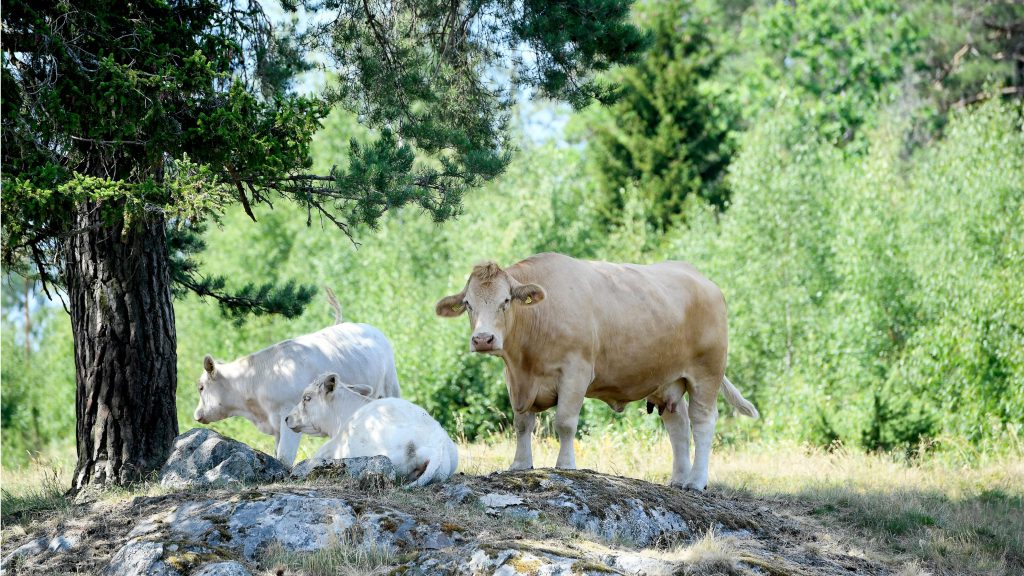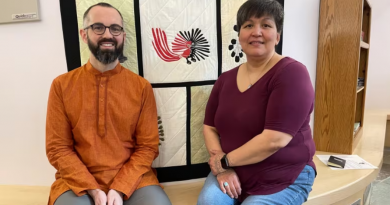Fewer livestock than expected slaughtered early due to Sweden’s dry summer

Fewer animals than expected have been slaughtered early due to the unusually dry weather, reports a business association for Swedish slaughterhouses.
Over the summer, farmers were sounding the alarm about the hot, dry conditions saying there wouldn’t be enough animal feed to go around.
But Swedish Radio News reports that good communication between farmers and slaughterhouses, as well as other, more expensive, food sources becoming available later on meant many cows, pigs or sheep avoided an early slaughter.
Hans Agné, the CEO of a business association for Swedish slaughterhouses, explains how rains late in the season also played a role.
Related stories from around the North:
Canada: Warming Arctic could be at heart of deadly July heatwave, CBC News
Finland: Poor harvest caused by dry summer may force Finnish farmers to slaughter livestock, YLE News
Norway: Arctic ecosystems face irreversible change without fast climate action, UN report says, The Independent Barents Observer
Russia: Arctic coastal town of Dikson is fastest-warming place in Russia, The Independent Barents Observer
Sweden: Hot, arid summer guts a third of Sweden’s cereal harvest, Radio Sweden
United States: New farm bill program aims to fight food insecurity in Alaska, Alaska Public Media



